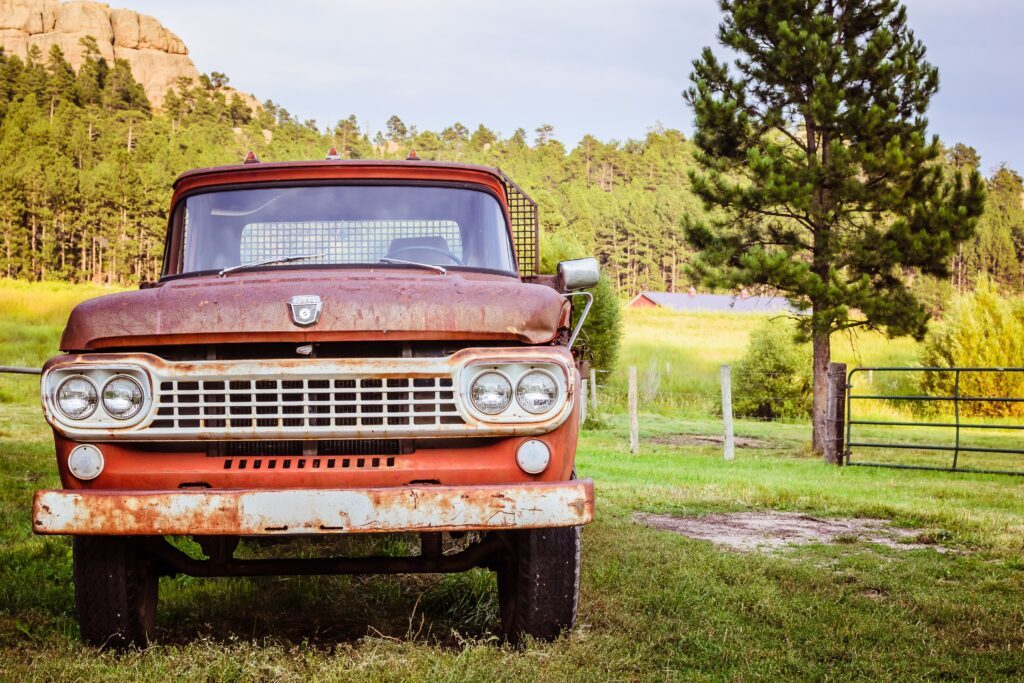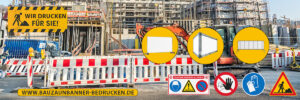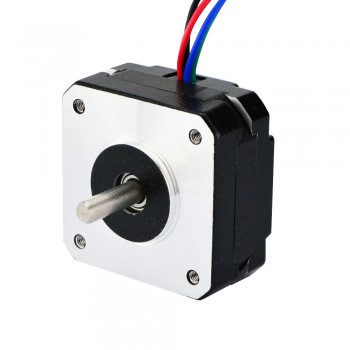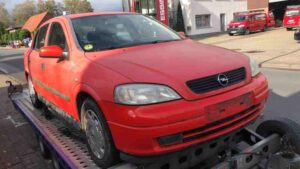Moving heavy, bulky loads down the road can be difficult, whether they’re a camper, a boat trailer, or anything else attached to the back of a tow vehicle. Driving a car with another set of wheels attached behind it is different from driving a car alone, so there are several issues to consider when towing. Small details that are overlooked will make the ride bumpy and uncomfortable, as well as potentially shifting or damaging any load you’re towing; larger, more serious issues can result in serious situations like jack knifing or flipping, which cause accidents and harm to you and other drivers on the road.
Although it appears to be a complicated setup, there are several simple measures to take to guarantee a safe and secure towing trip; some involve performing quick, regular equipment checks, while others just being aware of your vehicle’s specific towing capabilities. In any case, how much weight can your car or truck tow? Is there anything else you need to get before you go? How should you modify your driving technique to make the trip safer?
Wrecker Brisbane offers free towing of your vehicle from your premises.
TOP TOWING TIPS ONLY FOR YOU
- Understand Your Towing Capacity
Before you start loading an endless amount of cargo into a trailer or hitching up an 18-foot-long boat, it’s a good idea to know your car, truck, SUV, or recreational vehicle’s towing capacity. Towing too much weight can cause a slew of issues, regardless of how big and powerful your engine is. The first step is to consult your vehicle’s owner’s manual, which should provide specific numbers on how much weight you can tow.
- Distribute Weight Appropriately
Stuffing the heaviest cargo first, tying it down with rope or bungee cords so it doesn’t shift while the vehicle is moving, is always a good idea. Smaller cargo should follow and fill in the gaps. The cargo’s centre of gravity should be low, and roughly 60% of its weight should be in front. You must also balance the sides of the trailer to reduce the possibility of it flipping.
Examine Your Mirrors
Suppose you’ve ever driven a giant truck or any vehicle without a rear-view mirror. In that case, you know how vital proper side-view mirrors are. Switching lanes becomes a more dangerous maneuver when you can’t see the cars behind you simply by looking up.
Regular side-view mirrors and extended side-view mirrors are the two most common types of side-view mirrors. Ordinary side-view mirrors are similar to those found in any car or truck; they help you see traffic in the lanes directly adjacent to yours. On the other hand, extended side-view mirrors allow drivers to see approaching traffic from both the rear and the side. They’re usually more extensive and taller than regular side-view mirrors, and they’re required if your tow vehicle is towing a trailer that completely obscures your rear-view vision.
Make Your Path Visible
When driving at night, it’s a given that all of your lights must be operational. A broken headlight or brake light can endanger other drivers or pedestrians. If the police notice, they can pull you over and issue you a ticket.
Not only is it critical to have working lights when towing, but you should also double your lights. Many states require towed vehicles, whether a car trailer, a boat trailer, or a camper, to have operable lights, such as brake lights, taillights, and turn signals. All of these lights must also be in sync with the vehicle you’re driving so that when you step on the brakes, both sets of brake lights illuminate simultaneously.
- Tire Inspection and Maintenance
Examining your tires is a good idea in any situation. Like other automotive components, tires wear out and require regular maintenance and replacement. Ignoring tires is especially risky because a flat tire can leave you stranded or cause an accident.
When towing, it’s just as important, if not more important, to keep a close eye on your tires; aside from worrying about the tow vehicle, you also have to consider the additional sets of wheels belonging to the towed automobile. You should keep your tires inflated adequately by following the manufacturer’s recommendations. Overinflated or underinflated tires cause trailer sway, so make sure you add the proper amount of air pressure. It’s also a smart idea to twice-check your lug nuts for tightness.
- Brake Synchronization
The braking systems, like the lighting systems on both the tow vehicle and the trailer, must operate concurrently. To begin with, most state laws require towed vehicles to have separate braking systems. This saves the towing vehicle from doing all of the work when it comes time to apply the brakes.
Obviously, it’s also a good idea to check that the brakes are in good working order. Poorly operating brakes could spell disaster on the road. If they do fail, the additional weight from the cargo will only make a collision that much more dangerous. Allow yourself plenty of braking space. Most wear and tear can be avoided by avoiding heavy braking; the best method is to apply your foot gently to the brake.
Top Brisbane Auto Wrecker is the best alternative when you wish to get rid of your used car. You can contact the best Wrecker Brisbane, i.e., CarsWreckers, via:
Website: https://www.carswreckers.com.au/
Address: 83 Teraba Street Richlands QLD 4077
Email: info@carswreckers.com.au
Phone: 1800 650 650
Veröffentlicht von:
Cars Wreckers
83 Teraba St, Richlands
4077 QLD
AU
Telefon: 1800 650 650
Homepage: https://www.carswreckers.com.au/
Ansprechpartner(in): Cars Wreckers
Herausgeber-Profil öffnen
Informationen sind erhältlich bei:
Website: https://www.carswreckers.com.au/
Address: 83 Teraba Street Richlands QLD 4077
Email: info@carswreckers.com.au
Phone: 1800 650 650














